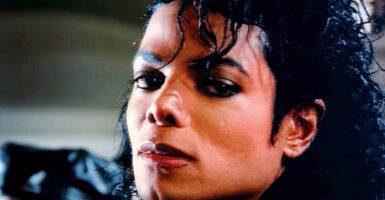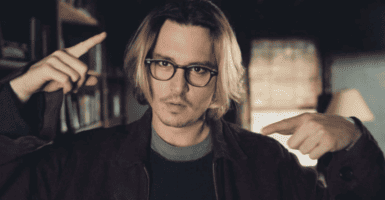Clint Eastwood Was In Charge Of A Whole Town For Years
Clint Eastwood was the mayor of Carmel-By-The-Sea in California for one year.
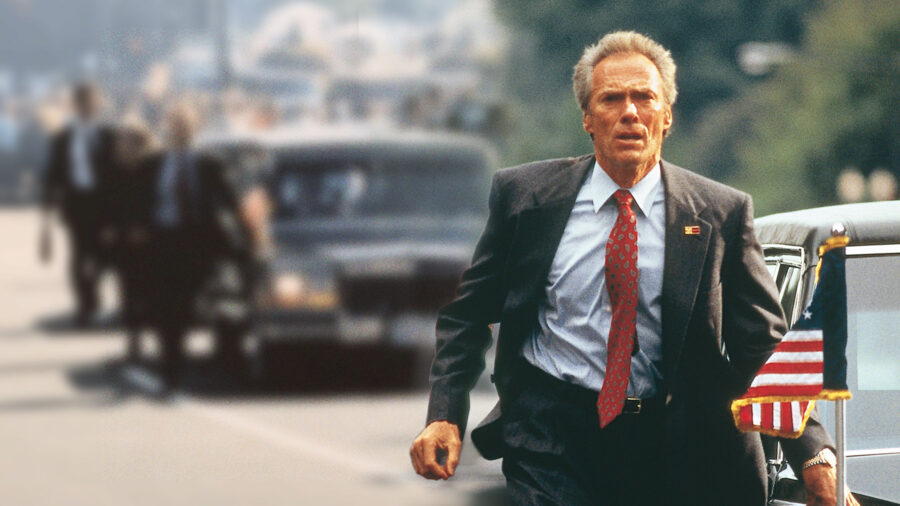
Even though he has become an acclaimed director in his later years, Clint Eastwood will always be best remembered as a Hollywood cowboy thanks to his iconic films such as A Fistful of Dollars, For a Few Dollars More, and The Good, the Bad, and The Ugly. But it turns out the legendary actor and director had another job at one point that many fans never knew about. Eastwood was once the mayor of the small California town of Carmel-by-the-Sea between 1986-1988.
If you just spit out your drink, we can’t blame you. It’s tough to imagine Clint Eastwood as a bureaucrat or politician of any stripe and much less as the mayor in charge of an entire town. How did he end up in such a position, and why did he abandon his political career as quickly as he jumped into it?
Originally, Clint Eastwood simply wanted to live in the quiet coastal town of Carmel-by-the-Sea. This town, with a population of about 4,000, is an artists’ community that caters to wealthy residents. As a wealthy Hollywood actor, Eastwood had no trouble fitting in once he moved into the area, and he had previously insisted that Play Misty for Me be filmed there.
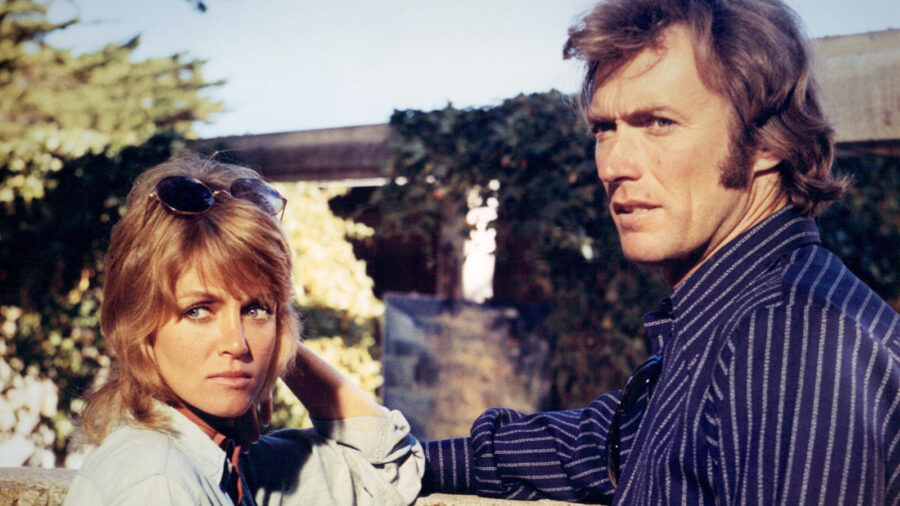
He got so comfortable that he wanted to be able to conduct business in this coastal paradise as well. Clint Eastwood decided to build some office blocks after purchasing some property in the small town (Carmel-by-the-Sea only has a single square mile of land). At this point, though, the city council interfered and told the actor he could not build as he intended.
An angry Clint Eastwood ended up suing the city, and he once claimed that he did so simply because they stressed him out so much about his intention to build office space on his own property. He won an out-of-court settlement that authorized him to build his office blocks but with one small restriction. Simply put, his new buildings would need to have more wood than glass.
Despite getting the victory that he was seeking (more or less), Clint Eastwood considered how he was treated as a symptom of a city and a city council clinging too hard to the past. In addition to originally keeping him from building his office space, the town forbade the sale of ice cream and refused to put up things like individual mailboxes or even street signs. As Eastwood saw it, these attempts to cling to the past were actually keeping the town from growing and entrepreneurs from thriving, so with only hours left to enter his name, he entered the mayoral race on January 30th, 1986.
Clint Eastwood’s status as a Hollywood celebrity likely would have secured him victory anyway, but he went out of his way to win residents over by saving the local animal sanctuary from greedy developers and squarely went after the existing mayor Charlotte Townsend as being petty and litigious. Apparently, the people agreed. Eastwood got 2166 votes to Townsend’s 799.
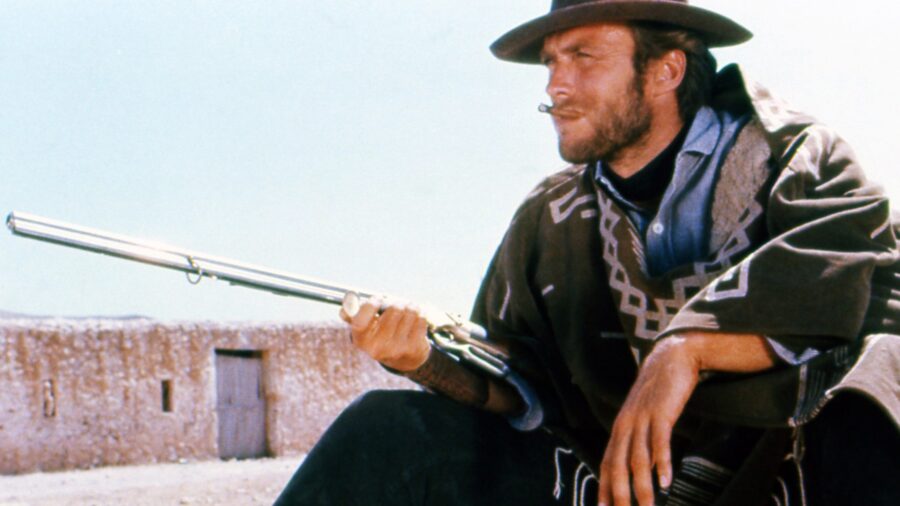
One of Clint Eastwood’s first official acts was to repeal the planning board that kept residents from selling ice cream, and then he just kept going. He expanded the local library, created beach walkways and tourist parking spots, added many more public toilets, and so on. It’s hard to state how much Eastwood got into his role as mayor, including penning a weekly newspaper column and flying back from big Hollywood gigs so he could attend council meetings each week.
While not everyone liked Clint Eastwood’s changes (frankly, there is only so much one can expand a town that is only one square mile), they were generally very popular. As for Eastwood, there is a simple reason he didn’t stay in politics: once he felt that his work was done, he decided not to run for re-election. He publicly stated that he needed to spend more time with his children rather than focusing on politics, and he donated his entire salary ($200 a month) to a local youth group.
After leaving politics, and presumably spending plenty of time with his family, Clint Eastwood went back to focusing on film in a big way. It wasn’t too long after he refused to seek re-election that he starred in the final film in the Dirty Harry series. Of course, that film’s tagline could certainly describe Eastwood’s political career: from legendary actor to killer mayor and back again, it looks like this Hollywood punk was feeling lucky after all.










